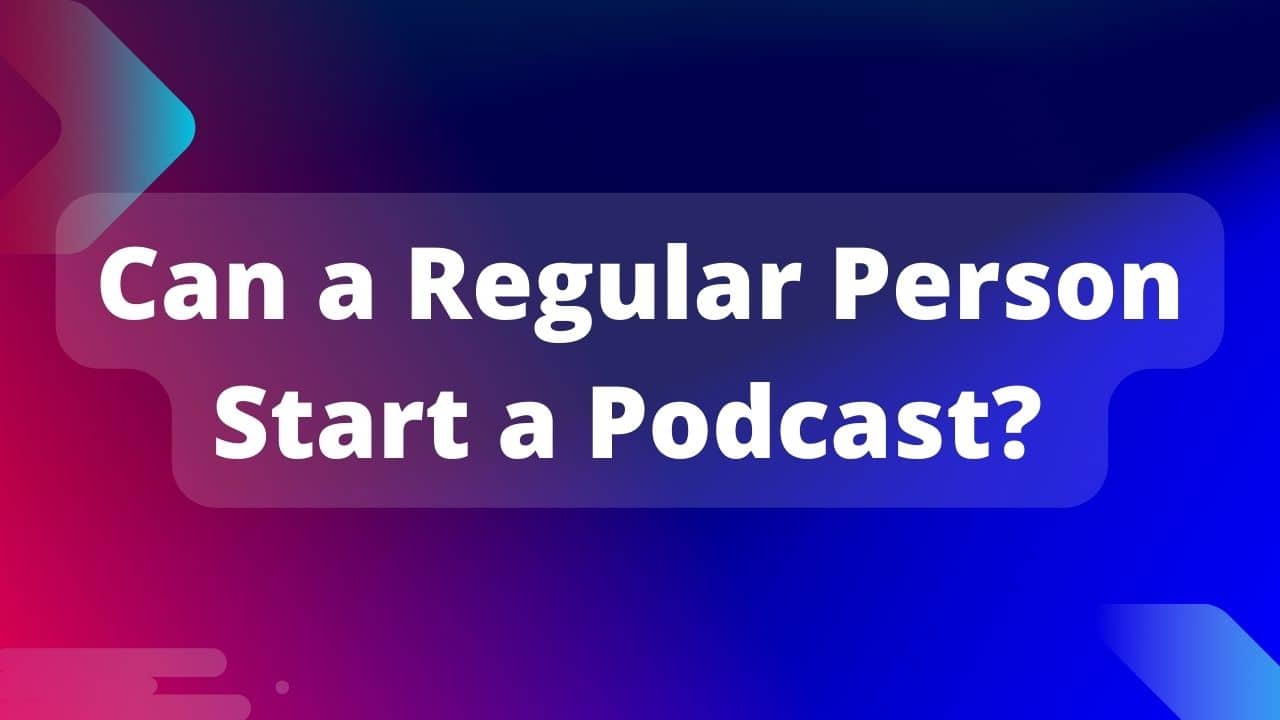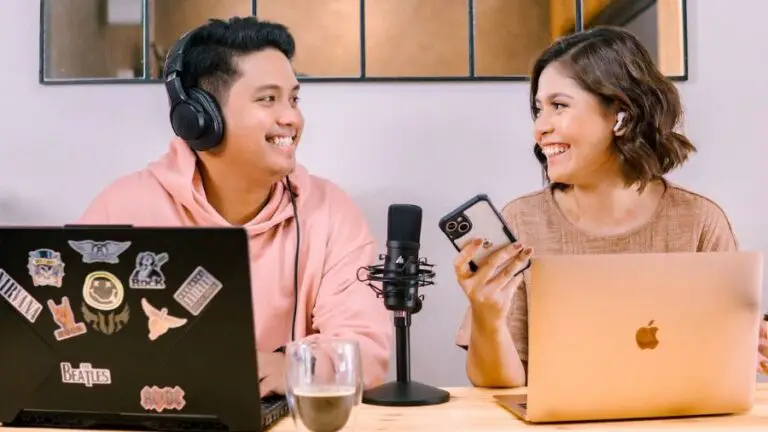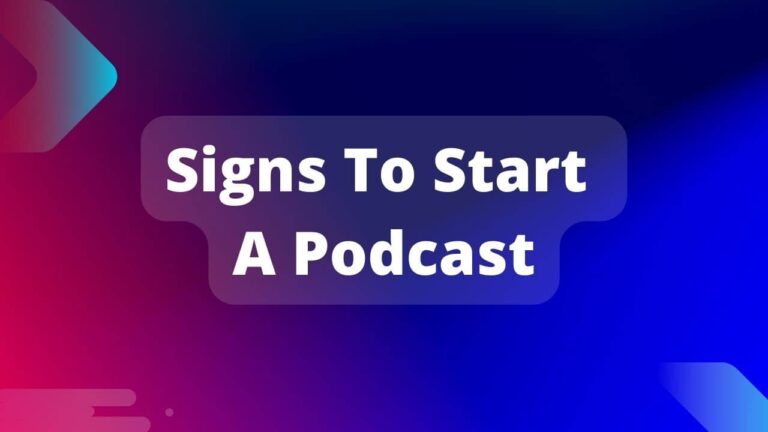If you’ve ever considered starting a podcast but thought it was only for the rich and famous, think again!
With the right tools, anyone can start a podcast and share their unique perspective with the world.
In this post, we’ll explore the benefits of podcasting, debunk common misconceptions, provide steps to starting a podcast, and offer tips for success.
Let’s dive in!
So, can a Regular Person Start a Podcast?
Yes, absolutely. Keep reading to learn how.
Benefits of Podcasting for Regular People
Podcasting offers a range of benefits for regular people, including:
Increased Reach and Influence
Podcasts have exploded in popularity over the last few years, with millions of listeners tuning in each day.
By starting a podcast, you have the potential to reach an enormous audience and build a loyal following.
Enhanced Personal Brand
Starting a podcast is an excellent way to establish yourself as an authority on a particular topic.
By sharing your knowledge and opinions, you can position yourself as an expert in your field and boost your personal brand.
Opportunities for Monetization
While most people don’t start a podcast with the goal of making money, there are several ways to monetize your podcast.
You can earn money through sponsorships, affiliate marketing, or selling merchandise, to name a few options.
Overcoming Common Misconceptions
Before we dive into the steps of starting a podcast, let’s first address some common misconceptions that may be holding you back.
You Don’t Need Expensive Equipment or Technical Skills
While it’s true that some podcasters invest in high-end equipment, you don’t need to break the bank to start a podcast.
All you need is a decent microphone, headphones, and a recording software like Audacity.
As for technical skills, editing and publishing a podcast is easier than you might think, thanks to platforms like Anchor.
You Don’t Need a Large Audience to Start
You don’t need thousands of listeners to start a podcast. In fact, most podcasts start with just a few dedicated fans.
As you continue to produce quality content, your audience will grow.
You Don’t Need to Be an Expert on a Particular Topic
While it’s helpful to have expertise in a particular area, it’s not essential.
Some of the most popular podcasts cover a wide range of topics, from true crime to comedy to pop culture.
Steps to Starting a Podcast
Now that we’ve addressed some common misconceptions, let’s look at the steps to starting a podcast.
Choose a Topic and Format
The first step in starting a podcast is to choose a topic and format.
What are you passionate about?
What topics do you have expertise in?
What format (interview, solo, co-hosted) works best for your content?
Choose a Name and Design Artwork
Once you’ve chosen your topic and format, it’s time to give your podcast a name and design artwork.
Your podcast name should be catchy and memorable, while your artwork should be eye-catching and relevant to your content.
Acquire Necessary Equipment and Software
As we mentioned earlier, you don’t need expensive equipment to start a podcast.
A decent microphone, headphones, and recording software will do the trick.
If you’re on a budget, check out the Blue Yeti microphone, which offers excellent sound quality at an affordable price.
Record and Edit Episodes
Once you have your equipment and software, it’s time to start recording and editing your episodes.
Be sure to record in a quiet space to avoid background noise, and edit your episodes to remove any mistakes or pauses.
Publish and Promote Your Podcast
Once you’ve recorded and edited your episodes, it’s time to publish and promote your podcast.
Platforms like Anchor make it easy to publish your podcast on all major platforms, including Apple Podcasts, Spotify, Google Podcasts, and more.
Don’t forget to promote your podcast on social media, your website, and other relevant platforms to get the word out.
Tips for Success
Now that your podcast is up and running, here are a few tips to help you succeed:
Consistency is Key
Consistency is crucial when it comes to podcasting.
Set a schedule and stick to it, whether that’s releasing episodes weekly or bi-weekly. Your listeners will appreciate knowing when to expect new content.
Engage with Your Listeners
Engage with your listeners to build a community around your podcast.
Respond to comments and messages, ask for feedback, and incorporate listener questions into your episodes.
Continuously Improve Your Content
Continuously improving your content is essential for keeping your listeners engaged.
Pay attention to feedback and analytics, and adjust your content accordingly.
Consider bringing on guests or switching up your format to keep things fresh.
FAQs
Here are answers to a few frequently asked questions about starting a podcast:
Can Anyone Make a Podcast?
Yes! Anyone can start a podcast, regardless of their background or experience.
Is it Difficult to Start a Podcast?
Starting a podcast may seem daunting at first, but it’s easier than you might think.
With the right tools and resources, anyone can start a podcast.
Can I Start a Podcast by Myself?
Yes, many successful podcasts are hosted by a single person.
However, co-hosting with someone else can bring a fresh perspective and help to share the workload.
Do You Need Permission to Start a Podcast?
You don’t need permission to start a podcast.
However, it’s important to ensure that you’re not violating any copyright laws or infringing on someone else’s intellectual property.
Conclusion
Starting a podcast is an excellent way to share your voice and connect with others. Don’t let misconceptions hold you back from pursuing this exciting opportunity.
Follow the steps outlined in this post, and remember to stay consistent, engage with your listeners, and continuously improve your content.
And if you need a little extra help getting started, consider trying our podcast launch service at Podquake – we’d be happy to help!



